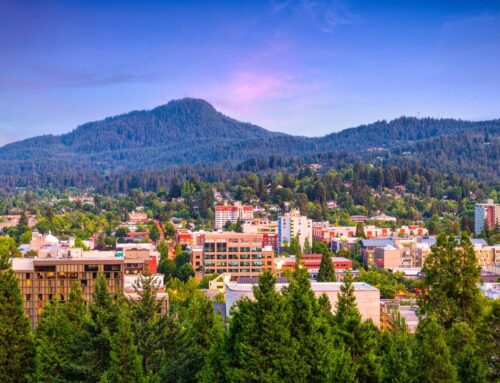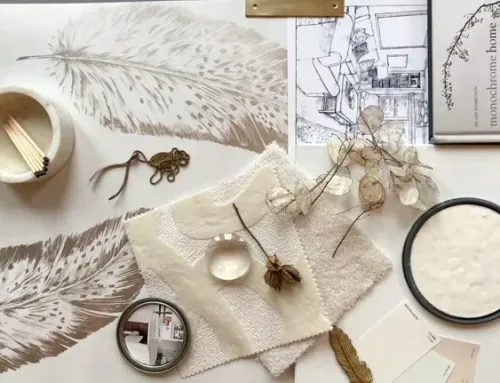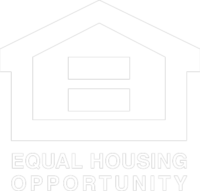By Larissa Runkle
Apr 15, 2022

Have you ever dreamed of buying a bit of land and building your very own green home on it? Maybe you’re already invested in a property, and are just looking for a way to make it a little more Earth-friendly.
Going green, and doing it well, might be a whole lot easier than you think—which is why we’re here to debunk the biggest, baddest myths about green homes. Here are the top five misconceptions about green homes that you should stop believing immediately.
1. Only new houses can be green
While you can go all out building the most eco-friendly Earthship your neighborhood has ever seen, you could also just make a few subtle changes to your existing property.
“Helping the environment doesn’t have to mean building an entirely new, expensive green home,” says Craig Ricks Jr., president of Acadian Windows and Siding.
“It’s possible to renovate an existing home to become greener, such as by altering the wiring and plumbing.”
You can also go green in your existing home by installing low-emissivity (“low E”) windows, reinsulating the house, or even just purchasing more energy-efficient appliances (like those made by Energy Star), Ricks says.
2. Green homes are too expensive
We’d bet our next stimulus check you’ve heard this one before.
“One of the biggest myths and misconceptions about green building and eco-friendly construction is that it’s too expensive to be truly scalable,” says RJ D’Angelo, owner of JWE Remodeling & Roofing. “This is untrue.”
In fact, if you want to save on your home energy costs, you can start right away, with small steps that reduce your carbon footprint, D’Angelo says, rather than building a brand-new home with the latest cutting-edge advancements in green building technology.
Among those incremental steps: Upgrade your roofing system to something with recycled metal that reflects the sun’s heat, D’Angelo suggests.
“This, coupled with a properly insulated attic and thoroughly ventilated roof structure, can reduce a home’s heating and cooling expenditure by as much as 34%,” he says.
3. Sustainable homes are ugly
There’s no rule that says sustainable homes have to look a certain way—and they definitely don’t have to be ugly.
“There are so many delightful, well-planned, and well-considered sustainable homes—from adorable and modern tiny houses to net-zero luxury homes,” says Matt Daigle, CEO and founder of Rise, a leading online authority in sustainable home improvement.
4. Going green means going off the grid
When people think about going green, they have a tendency to imagine the extremes—as in, wearing handmade clothing and living in a recycled shack with a bunch of goats. In reality? It’s a lot less intense than that.
“A sustainable home can be accomplished without going off grid,” explains Daigle.
He cites solar panels and recycled-water systems as two ways that modern homeowners can get in on the sustainable-living lifestyle—minus the farm animals.
“Sustainable homes aren’t off-grid houses that rely solely on their own power and resources,” he says. “These homeowners just enjoy lower energy and water bills as a result of their sustainable practices.”
5. It’s hard to make your home eco-friendly
As you’re probably starting to realize, going green doesn’t have to be complicated. And while more and more companies are coming out with sustainable building products and designs, there’s an even easier way to make your place green—and it starts in the garden.
“There are so many simple actions any homeowner can take to make their home more environmentally friendly,” says Cassy Aoyagi, board member of the leading L.A. chapter of the U.S. Green Building Council.
Try replacing annual foliage with native perennials, watering less, eliminating pesticides and fertilizers, or even just reducing the size of your lawn, which tends to require extra chemicals and water consumption.
Looking for more tips on going green? We’ve got the ultimate guide to owning a more eco-friendly home.
Source- https://www.realtor.com/advice/buy/green-home-myths-you-should-stop-believing/






